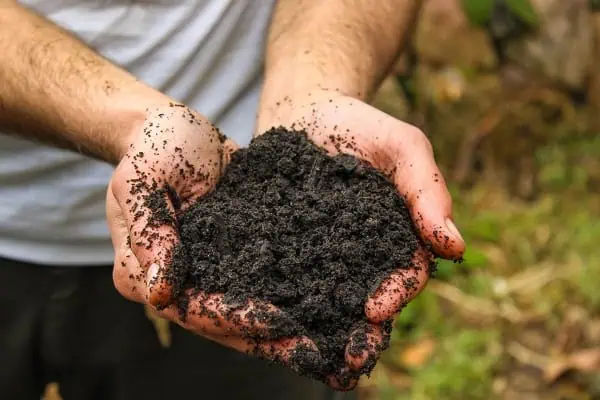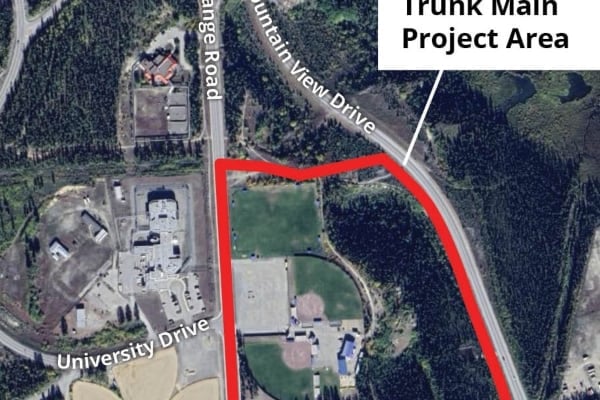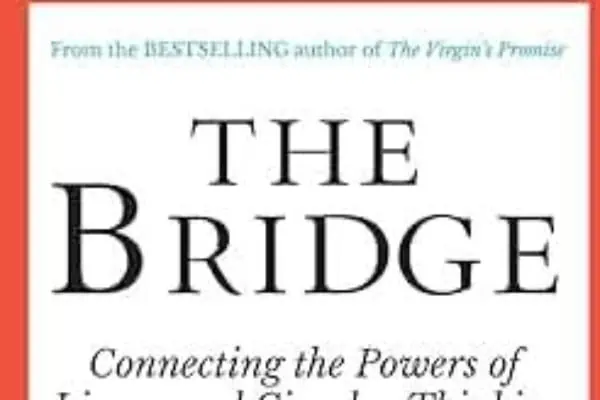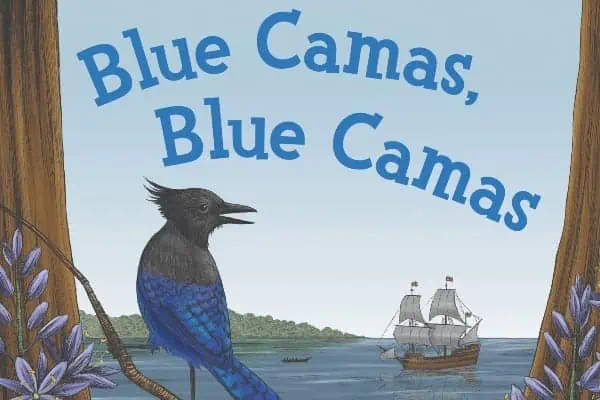“Nature is not something else, isolated, out there; it is as much a part of us as we are of it, and neither can be altered without impacting on the whole.” – Adam Weymouth
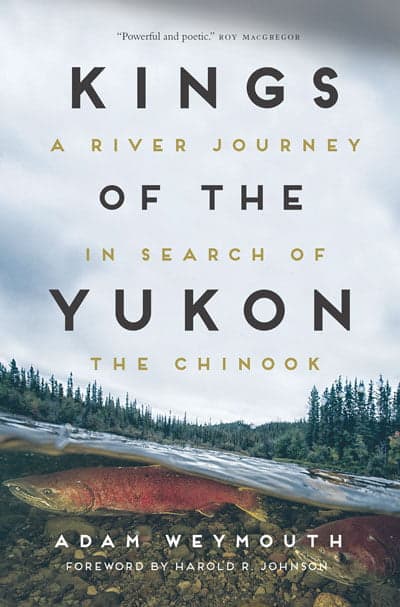
The Yukon River holds many roles—the namesake of a territory, the history of peoples for thousands of years and home to the world’s longest salmon run. Salmon: a global commodity that, like so many others, has become a supermarket convenience, packaged and completely separated from whence it came. But for many people, salmon is a cultural, social and economic base from which their lives move forward, and the fall of salmon populations is putting those in peril. In his book Kings of the Yukon, Adam Weymouth canoes the Yukon River from McNeil Lake to the Bering Sea, and observes what is happening to these amazing fish and what repercussions their decline is having on the people who depend on them.
“The history of the salmon is the history of this land,” said Weymouth in the opening chapter. From geological adaptation, cultural tradition, an interdependent ecosystem, to modern industry, much relies on the health of the Yukon River salmon. It is a place where “the king” (to take the American term for chinook) was life for thousands of years, but it’s no longer so.
Within living memory, the number of fish returning have steadily declined, and within a few generations, an astounding population has been decimated. But it’s not that they changed … we did. Between a complex international fishing industry and changes in global market demand, environmental standards, fishing techniques, commercial permits and laws regarding land claims and Indigenous rights, it seems the salmon face as much peril in the bureaucratic migration they’re on as they do in the geographical one.
Along his voyage, the author stops over with the characters who make this frontier land their home; people who live intimately tied to a river that brings and takes life on its own terms. In the book’s pages, Weymouth conveys an excellent sense of the wildness here. His words heighten the reader’s senses, so they, too, can smell the summer spruce, see the stained-glass scales of the fish and the sharp red of its flesh, and understand the hearty thrum of the river and the life it keeps in its belly.
Part river quest, part social observation, part scientific analysis, in Kings of the Yukon, Weymouth handles a complex discussion with care, all the while exploring the wonder of a fascinating species and its interconnected nature to every place it passes.
Whether we’re on the banks of the Yukon or not, readers are asked to examine what it means to be a steward of the land. And for that reminder—of how precarious and interdependent life can be—I hope this book finds a large audience, for those at home and also beyond.
Kings of the Yukon: A River Journey in Search of the Chinook is Adam Weymouth’s first book and a brand-new release on May 22 from Knopf Canada.

